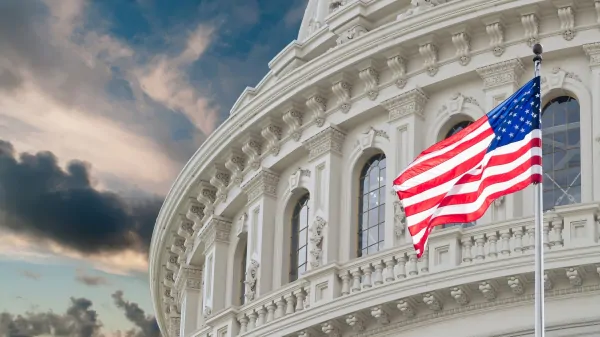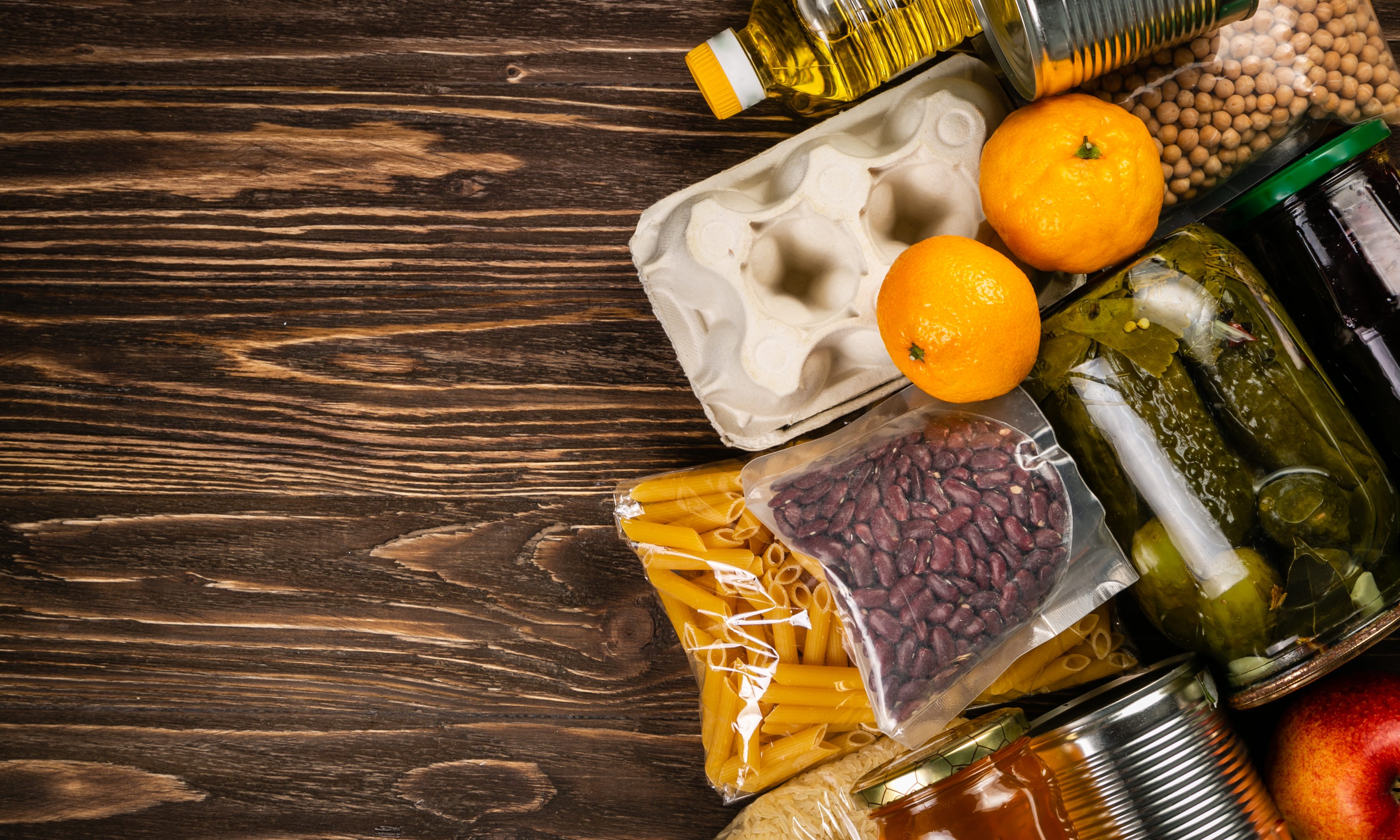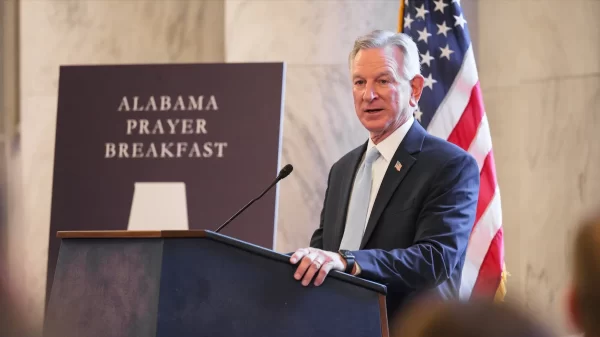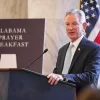A change proposed Wednesday by the Trump administration could take away food assistance for 3.1 million vulnerable Americans.
The Supplemental Nutrition Assistance Program, or SNAP, helps feed 36.3 million Americans, according to the United States Department ofAgriculture. That’s down from the 47.6 million who received that help just after the Great Recession.
Agriculture Secretary Sonny Perdue announced the planned rule changes Wednesday, stating that the government planned to close a “loophole” that allowed people to automatically be eligible for SNAP benefits who had already been approved to receive Temporary Assistance for Needy Families.
Doing so would save the government $2.5 billion a year, according to the USDA, but advocates for the poor say the changes would cost the state to implement and would take food off the tables of the most vulnerable.
The proposed changes would keep some from receiving food assistance by eliminating waivers for things like income, savings accounts and for some of the value of automobiles, said Carol Gundlach, a policy analyst at Alabama Arise, a nonprofit that advocates for the poor.
Alabama, like many other states, opted years ago to allow for those waivers, which Gundalch said helps the elderly and disabled the most. The elderly often have more health costs, and the state felt that penalyzing them for saving to pay for those bills wasn’t good policy, she said.
“It was also hit the working poor,” Gundlach said, adding that while we encourage people to save for things like automobile repairs if a low-income family does save they might not be eligible for food assistance.
Prior to Alabama allowing those waivers Gundlach said she worked with a family who had bought a new van just before the husband fell off of a roof on a construction site, breaking his back. The family couldn’t get food assistance because of the van’s value, she said, even though they owed too much on the vehicle to sell it.
If the proposed changes take place Gundlach said Alabama will once again have to deny applicants SNAP benefits based on a vehicle’s value.
While the changes might save the federal government money it will cost the state of Alabama to implement them, Gundlach said. State workers will have to make those vehicle appraisals and tally up savings accounts and other income information.
Currently, the law allows for people to receive SNAP benefits if they earn no more than 130 percent of the poverty line, which is about $28,000 a year. The USDA hasn’t announced specific information about income limits that might change under the proposal.
In a statement Wednesday on the proposed changes the Center on Budget and Policy Priorities, a progressive Washington D.C-based think tank, wrote that the administration’s proposal would cut off food aid for many near-poor working families, seniors, people with disabilities and children.
“Children from families who would lose their SNAP benefits under the proposed rule would also lose access to free lunches and breakfasts at school,” according to the Center on Budget and Policy Priorities.
Sen. Debbie Stabenow, D-Mich, Ranking Member of the U.S. Senate Committee on Agriculture, Nutrition, & Forestry, in a statement Wednesday said that the Trump administration’s proposal is an attempt to mandate an unpopular change that Congress voted against when it approved the farm bill recently, which did not include cuts to SNAP.
“This proposal is yet another attempt by this Administration to circumvent Congress and make harmful changes to nutrition assistance that have been repeatedly rejected on a bipartisan basis,” Stabenow said. “…The Administration should stop undermining the intent of Congress and instead focus on implementing the bipartisan Farm Bill that the President signed into law.”
Gundlach believes that if the rule changes are adopted the administration would likely face court challenges from states and from advocacy groups representing those impacted by the changes.
A 60-day public comment period began Wednesday. The USDA will have to review those comments before implementing the changes.






















































